Research Grants and Awards
Research Awards and Grants
The Department of Law and Legal Studies has a strong history of research excellence. Here are some of our faculty members’ research based awards, grants and projects.
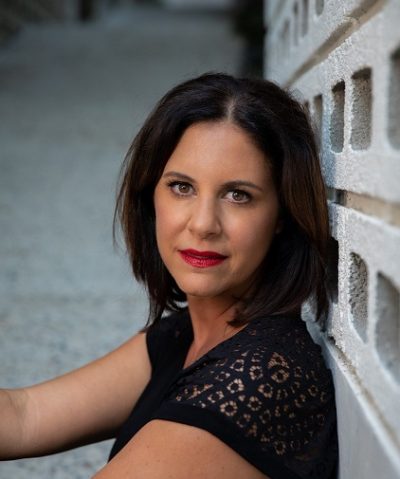
Melanie Adrian
Associate Professor
2019 – 2021 SSHRC Insight Development Grant: Young and Muslim in Canada: Dancing the Poetics of Belonging. This project seeks to uncover the factors that produce a sense of being Canadian, and, in turn, how this affects understandings of nationhood and nationalism amongst Muslim youth attending private Islamic schools.
2019 – 2021 SSHRC Aid to Scholarly Journals: Canadian Journal of Law and Society/Revue Canadienne de droit et societe. Dr. Adrian is the journal’s Managing Editor.
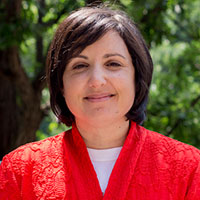
Betina Appel Kuzmarov
Associate Professor
2017 SSHRC Insight Development Grant (Primary Investigator with co-Investigator Diedre Butler. Religion, College of the Humanities, Carleton). Funding used for their project Troubling Orthopraxies: A Study of Jewish Divorce in Canada. This project intends to provide, for the first time, a “thick” ethnographic account of Jewish divorce in Canada that describes how women, men and (adult) children, as well as Rabbi’s and religious decisors are actually experiencing the religious divorce process.

Doris Buss
Professor
2020 Carleton University Research Achievement Award. Funding used for her project, with partners in Africa and Canada, Gender and Sustainable Development in Mining in Sub-Saharan Africa.
2020 COVID-19 Rapid Research Fund for the project Attending (to) Class: An intersectional study of COVID-19 Adaptation in Canada, Kenya and Sierra Leone Universities (with Blair Rutherford, Carleton, Sarah Kinyanjui, University of Nairobi (Mombasa) and Aisha Ibrahim (University of Sierra Leone).
Faculty of Public Affairs Research Team competition winner for the project Gender and Global Governance: Beyond Co-optation and Confrontation (with Drs. Shireen Hassim, Pablo Heidrich, Laura Macdonald, Lisa Mills, Blair Rutherford, and Ania Zbyszewska). This project explores questions about how, and with what effects, gender is taken up in resource governance and trade policy regimes, what understandings infuse ‘gender equality’ in selected sites, and whether the discourse of gender inclusion enables alternatives to mainstream economic models and conceptions of gender, labour and human rights, and if so, in what ways?
SSHRC Insight Grant and Partnership Development Grant for the collaborative project Gender and Artisanal and Small-Scale Gold Mining: Kenya, Mozambique and Sierra Leone: 2014 – 2021. Working with partners in Canada and Africa, Carleton Professor Doris Buss and Blair Rutherford have been studying the gendered dimensions of artisanal and small-scale gold mining in these three countries as well as the gendered context of global resource governance (in one project) and in the second, connecting the research results with mining communities, national and transnational organizations and governments working on gender and resource governance.
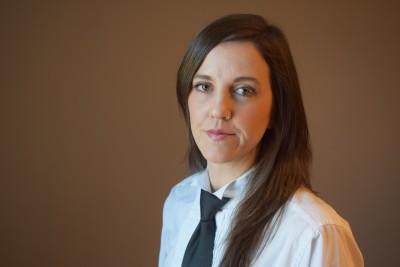
Stacy Douglas
Associate Professor
2016 MITACS Global Link Research Intern for the project Museums, Democracy, and Dissent: An Analysis of the 2013 Partnership Between the Canadian Museum of History (CMH) and the Canadian Association of Petroleum Producers (CAPP). The 2013 partnership between the CAPP and the CMH represents the continuation of a well-worn public relations strategy used by oil companies domestically and internationally to help bolster their social image. However, what may make this partnership significant is the current dwindling of formal sites of dissent in Canada’s juridical-politico apparatus. This project investigates the role that informal institutions such as museums can play in the maintenance of democracy as they have the potential to offer space for public dissent.
2014 Julien Mezey Ph.D. Dissertation Award (Association for the Study of Law, Culture and the Humanities, U.S.A.).This annual prize is awarded to the dissertation that most promises to enrich and advance interdisciplinary scholarship at the intersection of law, culture and the humanities.
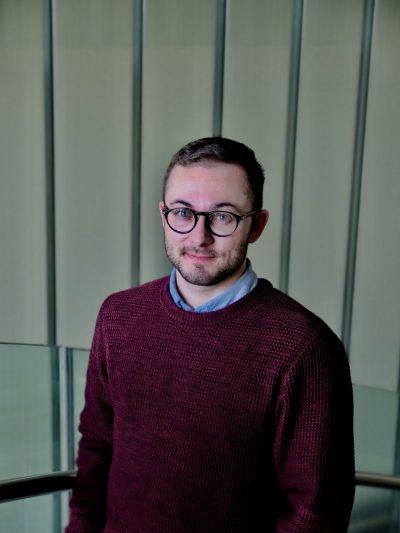
William Hébert
Assistant Professor
2020 – 2021 Department of Justice Canada Research Grant
(Principal Investigator) Funding used for his project, A Qualitative Look at Trans People’s Serious Legal Problems in Canada. This project investigates trans people’s experiences of serious legal problems in Canada and is co-led in partnership with Action Santé Travesti(e)s et Transsexuel(le)s du Québec, in Montreal, and the Community-Based Research Centre (grant recipient), in Vancouver.

George Rigakos
Professor
2022 – Public Order Emergency Commission Grant (POEC)
Funding used to study “The developing role of private security in public order policing”. The Expert Report covers the historical roots and contemporary role of the private sector relative to the development of public order policing in the context of flash-points of unrest in the British, Canadian and US context.
The federal government established the Public Order Emergency Commission to inquire into the circumstances that led to the declaration of emergency that was in place from February 14-23, 2022, and the measures taken for dealing with the emergency.
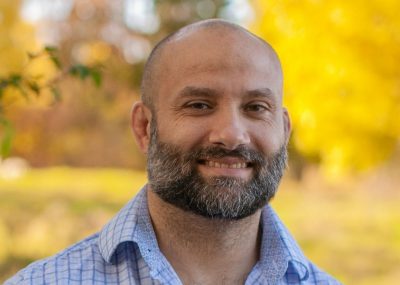
Dale Spencer
Associate Professor
2019 FPA Research Excellence Award.
2020 – 2021 SSHRC Partnership Engage Grant
(Principal Investigator) Funding used for his project COVID-19, Serious Leisure, and Risk Tolerance: A case study of a CrossFit gym.
2020 – 2024 CIHR Project Grant
(Co-Investigator) Funding used for his project Safe places for aging and care? A site-specific analysis of features influencing violence in care for older adults.
2020 – 2024 CIHR Team Grant – Mental Wellness in Public Safety
(Co-Investigator) Funding used for his project A longitudinal study of Correctional Services Canada correctional officers’ mental health and well-being: The role of prison work and prisons in shaping correctional staff health and self over time.
2017 – 2022 Ontario Early Researcher Award
(Principle Investigator) Funding used for his project Digital Culture, Youth and Policing: Risk-taking and Police Response in the Information Age.
2016 – 2022 SSHRC Insight Grant (Co-Investigator) Funding used for his his project A Genealogical Study of Indigenous Adoption in Canada: A Multi-faceted Examination of Events in the Removal of Indigenous Children with a Concentration on Child Welfare Policy Shifts between 1950 and 1985.
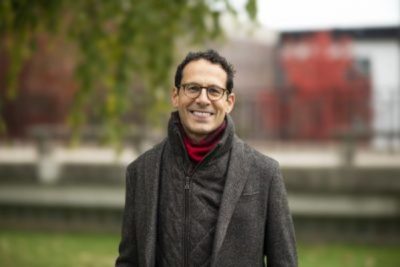
Philip Kaisary
Associate Professor
2018 Carleton University Research Achievement Award. Funding used for his book project in progress: Slavery on Screen: Black Agency and Filmic Aesthetics (under contract with SUNY Press). A comparative study of filmic representations of black agency in a corpus of slavery films from 1969 to the present by filmmakers including Gillo Pontecorvo, Sergio Giral, Tomás Gutiérrez Alea, Daniela Thomas, and Steve McQueen.
2017–2021 Social Sciences and Humanities Research Council (SSHRC) Insight Development Grant (IDG) for his study of the significance of the Haitian Revolution for constitutionalism, rights theory and discourse, human rights historiography, and the production of global intellectual history. Articles and chapters in: Social Rights and the Politics of Obligation in History (Cambridge University Press, forthcoming); Atlantic Studies (2020, co-written with Mariana Past); Race and Nation in the Age of Emancipations (University of Georgia Press, 2018), Slavery & Abolition (2017, co-written with Julia Gaffield).
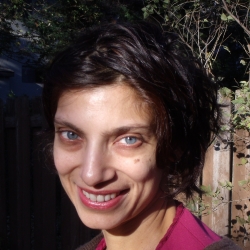
Ummni Khan
Associate Professor
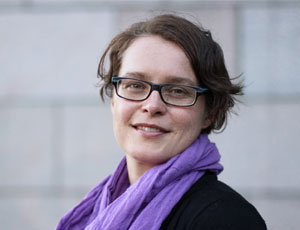
Christiane Wilke
Associate Professor
2020 – 2025 SSHRC Insight Grant: Civilian Casualties from Airstrikes: Counting, Accounting, and Accountability. The grant supports Dr. Wilke’s research (with collaborator Dr. Max Brookman-Byrne, University of Lincoln) into how Western militaries and human rights organizations produce knowledge about armed conflicts in Afghanistan, Iraq, and Syria. Dr. Wilke inquires how different organizations see, count, and explain civilian casualties from airstrikes and how their assessments are shaped by imperial imaginaries about race and space. Drawing on Third World Approaches to International Law (TWAIL) and critical law & technology scholarship, this project asks how international law understands, regulates, and privileges technologically enhanced warfare. Having a better understanding of the connections between global hierarchies, imperial imaginaries, technologies of violence, and international law can help us make better informed choices in evaluating the role of international law in structuring armed conflict.